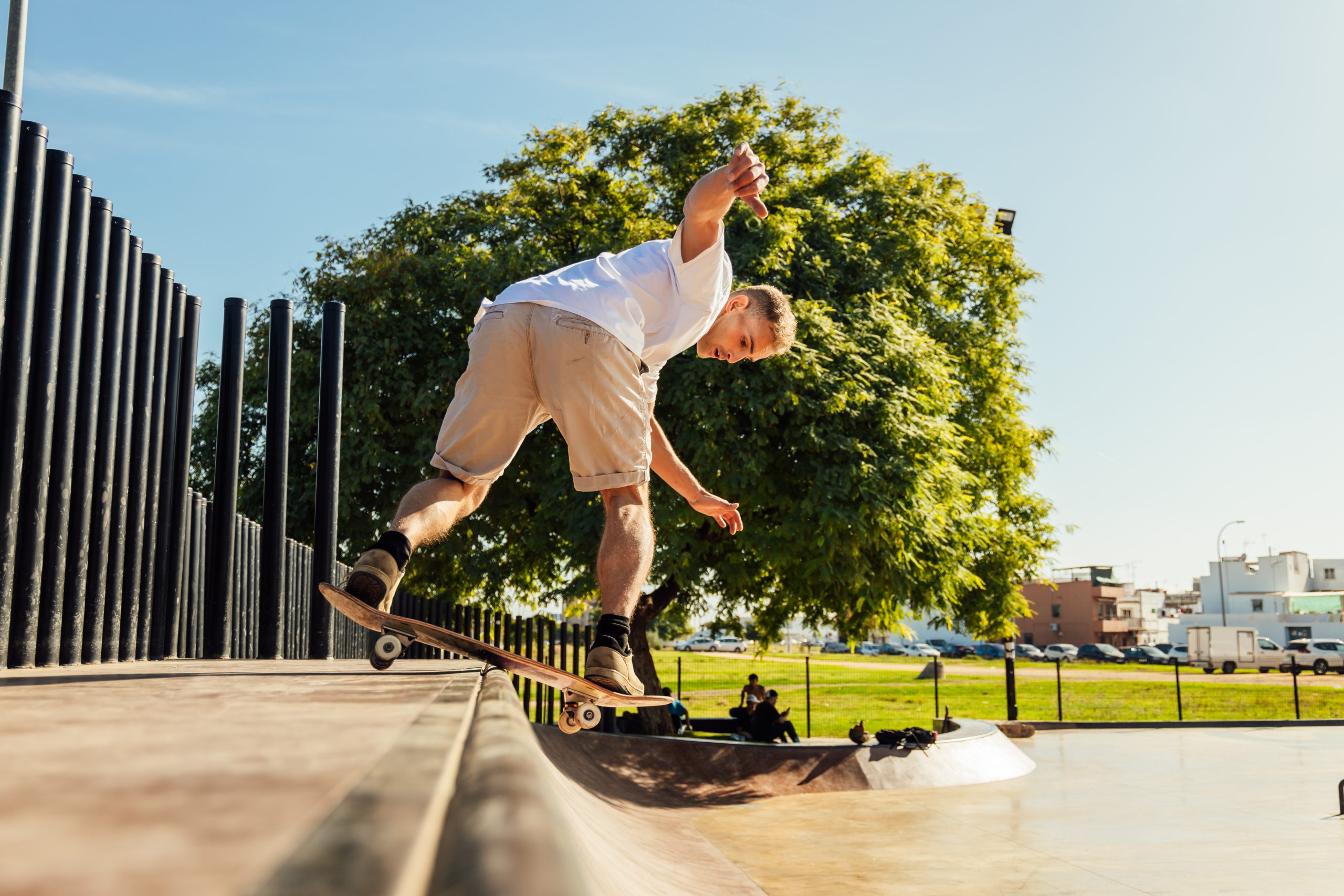The inclusion of skateboarding in the Olympic Games marked a significant milestone for the sport, transitioning it from street culture to the world stage of competitive athletics. This article delves into the history, significance, and impact of skateboarding’s debut at the Olympics, providing an insightful look into how it has shaped the sport and its community.
Skateboarding’s journey to the Olympics was a long and complex one. Originating in the 1950s in California, skateboarding evolved from a niche pastime to a global phenomenon. Over the decades, it garnered a passionate following and developed its own culture and competitive circuits. However, it wasn’t until the 2020 Tokyo Olympics that skateboarding was officially recognized as an Olympic sport.
Skateboarding made its historic debut at the Tokyo 2020 Olympics, held in 2021 due to the COVID-19 pandemic. The competition featured two disciplines: street and park. Street skateboarding mimics urban environments, with stairs, handrails, curbs, benches, walls, and slopes. Competitors perform tricks as they navigate the course. Park skateboarding is held in a bowl-like structure, allowing skaters to perform mid-air tricks and maneuvers on steep inclines and curved surfaces. Both disciplines showcased the sport’s creativity, athleticism, and high-risk, high-reward nature.
The inclusion of skateboarding in the Olympics has had a profound impact on the sport and its community. The global exposure has brought skateboarding into the mainstream, attracting new fans and participants. Olympic recognition has opened doors for more sponsorships and funding opportunities, supporting both professional and grassroots levels. Being part of the Olympics has helped legitimize skateboarding as a serious competitive sport, changing public perception and encouraging the development of training programs and facilities.
The Tokyo 2020 Olympics saw several standout moments and athletes. Yuto Horigome of Japan won the gold medal in men’s street skateboarding, making history as the first Olympic champion in the sport. At just 13 years old, Momiji Nishiya of Japan won the gold medal in women’s street skateboarding, highlighting the young talent in the sport. Another young star, Sky Brown of Great Britain, won bronze in women’s park skateboarding at age 13, showcasing the future potential of skateboarding.
With skateboarding set to continue its Olympic journey in the upcoming Paris 2024 Games, the future looks bright. The sport’s inclusion promises to inspire a new generation of skaters, drive the development of skateboarding infrastructure, and foster a global community united by a love of skating.
The integration of skateboarding into the Olympic Games marks a pivotal moment in the sport’s history. It reflects a broader acceptance and appreciation of skateboarding’s unique blend of athleticism, creativity, and cultural significance. As we look forward to future competitions, the Olympic spotlight promises to elevate skateboarding to new heights, ensuring its place as a respected and celebrated global sport.














